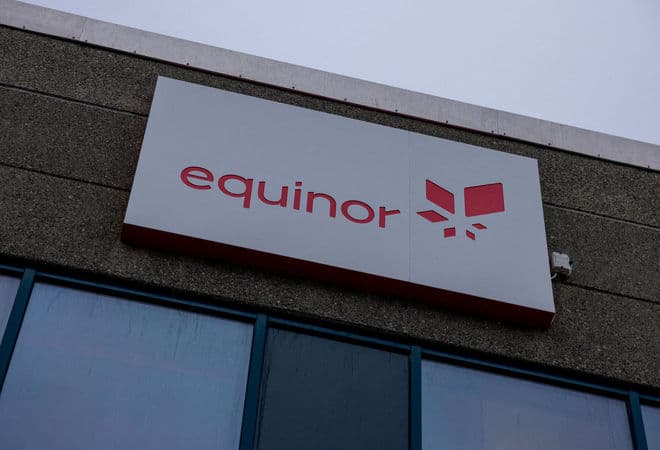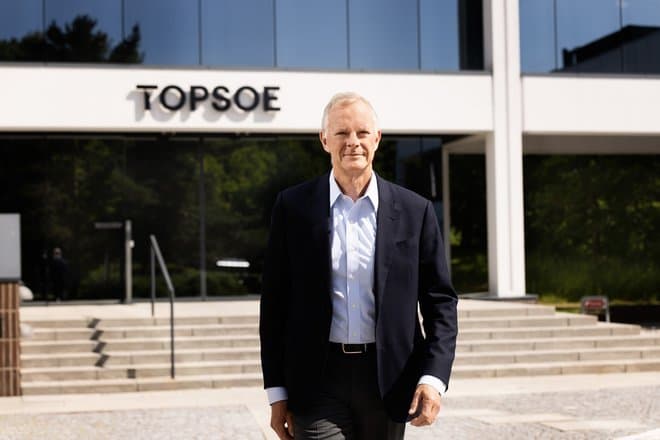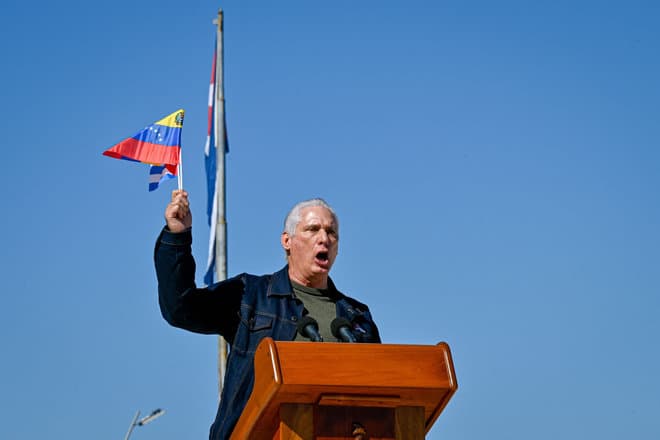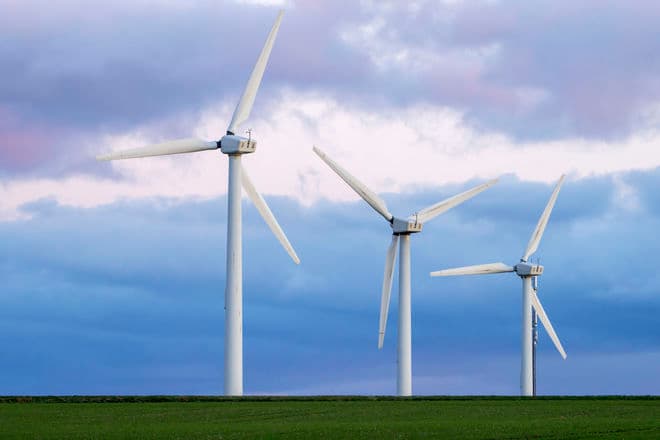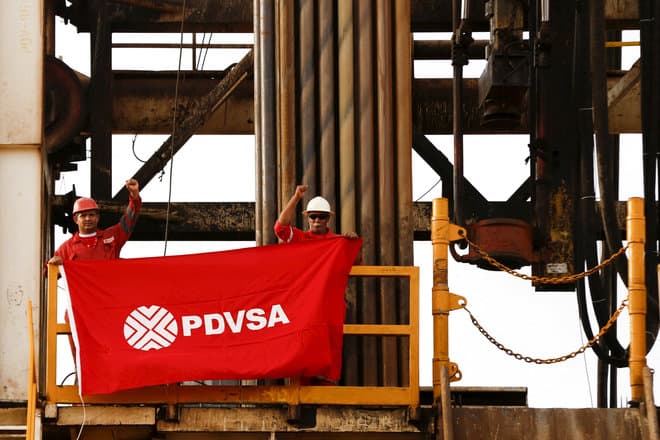A major case of possible cartel formation has hit the Jutland energy industry. The case could end in fines of millions and criminal proceedings against those involved.
For two years, the Danish Competition and Consumer Authority has investigated 49 electricity producers in Jutland, including 46 district heating companies, which, in the agency's assessment, have made so-called "anti-competitive agreements" with the aim of raising prices on the electricity market.
This is shown in a so-called statement of objections from the Danish Competition and Consumer Authority, which has been sent to the companies involved and which EnergiWatch has obtained.
This shows that the focal point of the case is the Ikast-based company Effekthandel, which has traded on the electricity market on behalf of power plants since 2019. In this connection, the company has coordinated the power plants' prices and – according to the authority – violated both the Competition Act and the EU's competition rules.
"The authority thus assumes that the objective purpose of the agreement between Effekthandel and the plants is to restrict competition (...) by leaving the pricing of the plants' joint capacity (...) to Effekthandel with a view to raising prices in the market," states the statement of objections, which was sent for consultation to the parties to the case on February 22, 2023.
Effekthandel's owner and director, Finn Grønkjær, confirms to the media that the company and its customers are in the authorities' sights for operating a cartel. However, he pleads not guilty.
- It's a big storm in a small teacup, and it's based on ignorance on the part of the competition authorities, says Finn Grønkjær.
Synchronized bids and shared profits
The case concerns the sale of so-called manual reserve power, also known as MFRR. The term covers the electricity that power plants have the capacity to produce, and which is used to maintain the balance in the electricity system over longer periods of unplanned fluctuations in electricity production or consumption.
In simpler terms: MFRR are emergency generators that can be turned on when there is a lack of power in the electricity grid. Normally, power plants compete against each other by underbidding each other in a daily auction.
That's what Finn Grønkjær wanted to do about when he founded Effekthandel in 2019. The company was to handle the bidding process on behalf of the power plants in a “submission community”, where the bids were synchronized, and the winnings were distributed among all participating plants – regardless of whether they submit a winning bid or not.
However, on January 21, 2021, the Danish Competition and Consumer Authority received a complaint from Energinet, which, as described, is the sole purchaser of MFRR in Denmark. This implied that “a cartel-like agreement for MFRR reserve capacity in Western Denmark” had been concluded, as the Authority formulates it in its statement of objections.
“Energinet experienced an abnormal development in the prices for MFRR reserve capacity. On two specific days, Energinet thus experienced that 44 identical price bids for MFRR reserve capacity were submitted by 44 different providers. According to the complaint, these bids were submitted by Effekthandel on behalf of the providers,” the Authority writes.
Dutch Competition and Consumer Authority: A serious restriction of competition
The statement of objections – which constitutes the Authority’s recommendation to the Competition Council, which will subsequently make a decision in the case – was sent for consultation to the parties to the case on 26 February 2023 after two years of investigation.
Here, the Authority’s conclusion is that Effekthandel and its 49 customers “in individual periods in the period between September 2019 and at least August 2022” has violated both the Competition Act and the EU competition rules by making an agreement that constitutes a “serious restriction of competition” in the electricity market.
At Effekthandel, the competition authorities are angered by the future. Here, CEO Finn Grønkjær points out that the company has been open about its business model from the start. He himself contacted the Danish Competition and Consumer Authority prior to Effekthandel’s foundation in 2019 to clarify whether there was a risk of conflict with the Competition Act.
- Our company is built on openness and transparency. There is nothing hidden. We have done everything we could to be at the forefront of all processes, says Finn Grønkjær.
amp
Text, graphics, images, sound, and other content on this website are protected under copyright law. DK Medier reserves all rights to the content, including the right to exploit the content for the purpose of text and data mining, cf. Section 11b of the Copyright Act and Article 4 of the DSM Directive.
Customers with IP agreements/major customer agreements may only share Danish Offshore Industry articles internally for the purpose of handling specific cases. Sharing in connection with specific cases refers to journaling, archiving, or similar uses.
Customers with a personal subscription/login may not share Danish Offshore Industry articles with individuals who do not themselves have a personal subscription to Danish Offshore Industry.
Any deviation from the above requires written consent from DK Medier.






